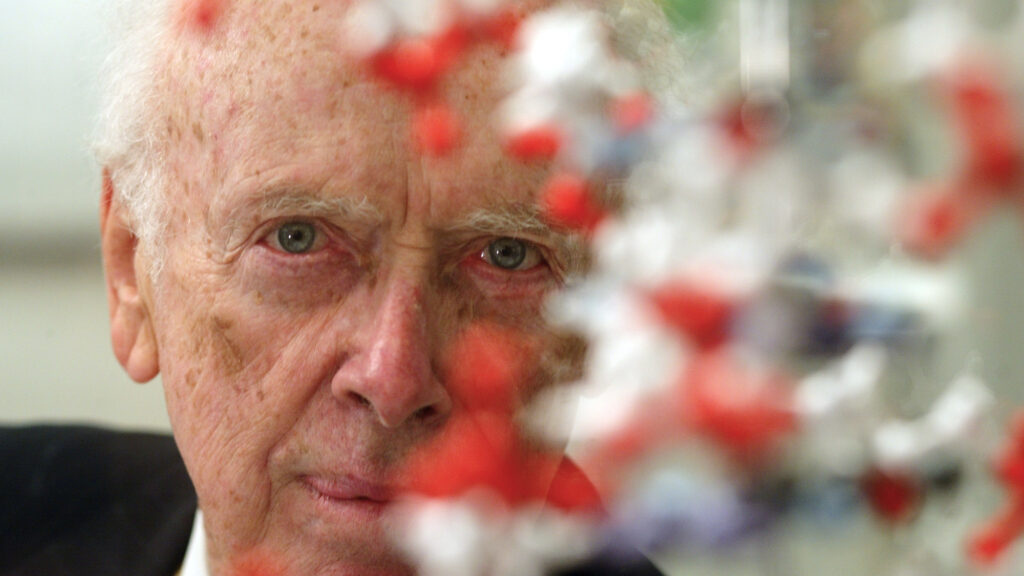
James Watson, the renowned biologist best known for co-discovering the structure of DNA, passed away on July 4, 2023, at the age of 97. His death signifies not only the end of an extraordinary life but also the conclusion of a transformative era in the field of biology. Watson’s contributions to science are monumental, yet his later years were marred by controversy due to his outspoken views on race and gender.
Watson was awarded the Nobel Prize in Physiology or Medicine in 1962, alongside Francis Crick and Rosalind Franklin, for their groundbreaking discovery of the double helix structure of DNA. This discovery has been described as a pivotal moment in biology, often referred to as “the eighth day of creation.” His work laid the foundation for our understanding of genetics and inheritance.
Transformative Contributions to Biology
Beyond the double helix, Watson played a crucial role in advancing biological research at Harvard University during the 1970s. He was instrumental in shifting the focus of the university’s biology department towards molecular biology, which had previously emphasized whole organisms. His leadership at Cold Spring Harbor Laboratory from 1968 to 2007 turned the institution into a leader in genetics and cancer research. He was also the first director of the Human Genome Project, although he stepped back from the role in 1992 amid tensions within the project.
Despite these achievements, Watson’s legacy became increasingly complicated due to his controversial statements regarding intelligence and race. In a 2007 interview, he expressed pessimism about Africa’s prospects, attributing this to what he claimed were genetic differences in intelligence. These comments, among others, led to widespread condemnation and resulted in his ostracism within the scientific community.
A Legacy Complicated by Controversy
Watson’s views on race and gender have overshadowed his scientific accomplishments. His assertion that intelligence varies by race and his comments about women in science drew significant backlash. Friends and colleagues have expressed confusion over his transformation from a celebrated scientist to a figure vilified for his beliefs. Nancy Hopkins, a biologist at the Massachusetts Institute of Technology, recounted a friendship that soured as Watson increasingly espoused views that she found objectionable. She noted, “At a time when almost no men supported women, he insisted I get a Ph.D. and made it possible for me to do so.”
The shift in Watson’s public persona has led to his marginalization within the scientific community. Museums and universities rescinded invitations for him to speak, and Cold Spring Harbor Laboratory ultimately severed ties with him following his continued offensive remarks. Despite a few periods of rehabilitation, the overarching narrative of his later years has been one of isolation and controversy.
Watson’s passing invites reflection on the duality of his legacy. While his scientific contributions were monumental and reshaped our understanding of life, his later years were marked by a refusal to engage with evolving societal norms. Friends and colleagues have speculated that his unwavering belief in his own genius contributed to his controversial positions. Watson believed that intuition could supersede empirical data, a philosophy that ultimately alienated him from many in the scientific community.
In his final years, Watson acknowledged the impact of his statements on his legacy. He expressed concern about how history would remember him, yet his refusal to change his views indicates a complex relationship with the evolving landscape of science and society. As the scientific community continues to grapple with issues of race and gender, Watson’s life serves as both an inspiration and a cautionary tale about the responsibilities that come with groundbreaking discoveries.







